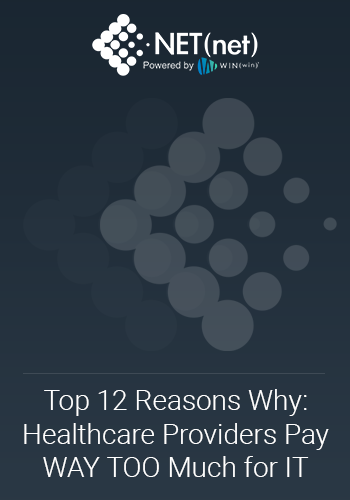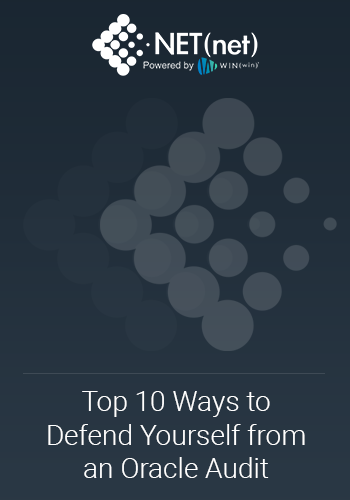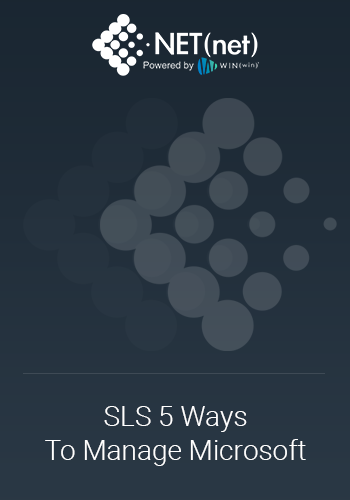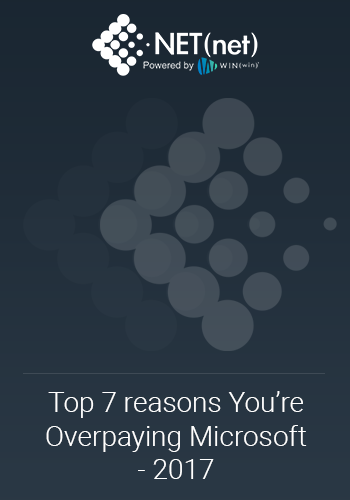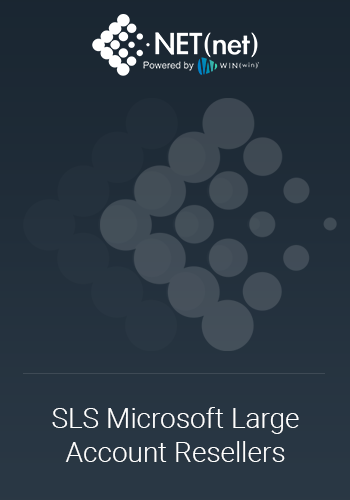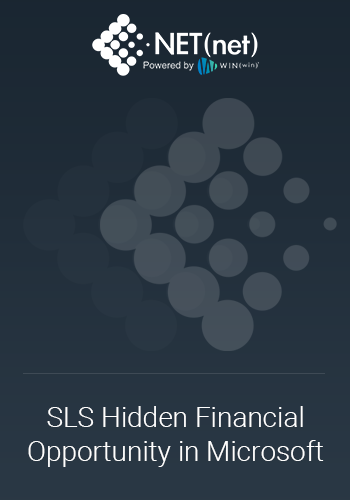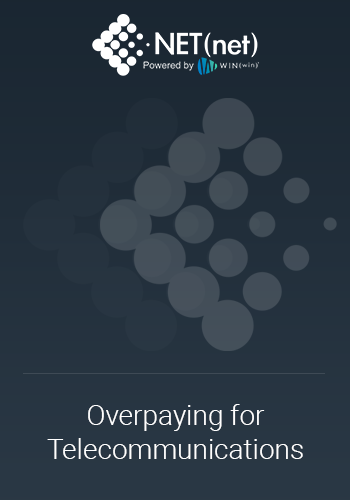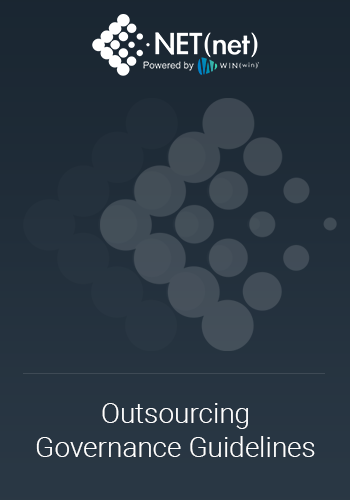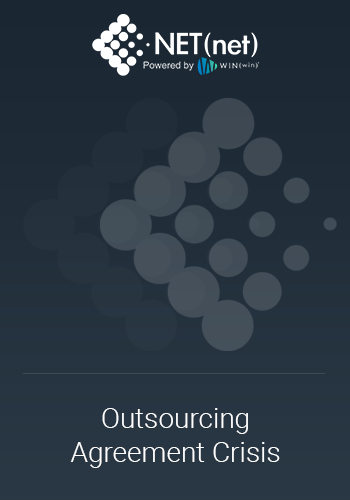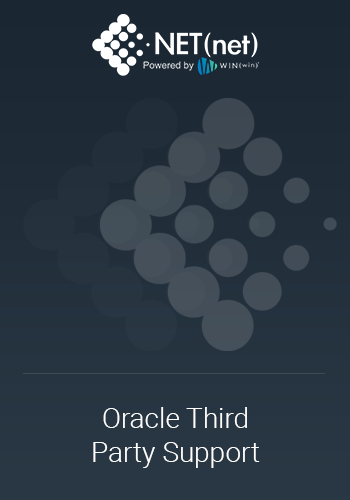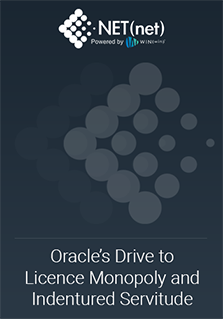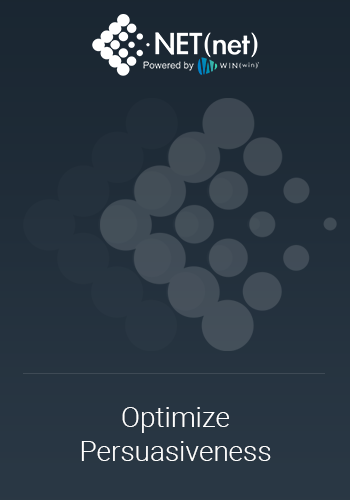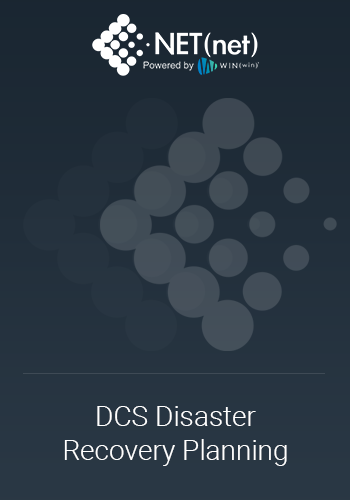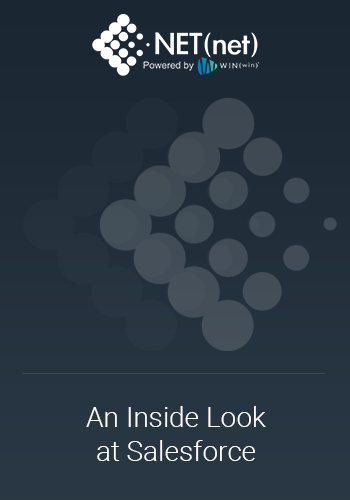Where we were: Enter the Disruptor
Workday's journey to becoming the market leader in the human capital management (HCM) space is a story of innovation, strategic partnerships, and capitalizing on market shifts. Founded in 2005 by former PeopleSoft executives, Workday entered a market dominated by the old guard, established players like SAP and Oracle. However, Workday differentiated itself by offering a cloud-based solution, a modern user interface, and a focus on user experience, which really resonated with both HR professionals and executives.
Workday's growth was further fueled by its strategic partnerships. In 2010, it formed a key alliance with payroll giant ADP, gaining access to a wider customer base. Additionally, Workday's focus on building a strong partner ecosystem with consulting firms and system integrators helped it expand its reach.
As the market transitioned towards cloud-based solutions, Workday was well positioned to capitalize. Its focus on innovation, flexibility and continuous product development allowed it to stay ahead of the curve, attracting new customers and migrating existing ones from on-premise systems. Today, Workday stands as the market leader in HCM with approximately 25% market share.
Where we are: The Market Dominator
Workday's reign over the HCM kingdom is like your favorite band becoming super famous. Sure, they're playing sold-out stadiums now, but the down-to-earth, fan-focused band you fell in love with might be fading into memory. The same could be said for Workday. While their market dominance is undeniable, some customers might feel like they're getting less personalized attention and more generic music (read: features) instead of the custom tunes (read: functionalities) they originally signed up for.
Another worry is that Workday, like your favorite band selling their songbook to a massive corporation, seems to have trended to prioritizing profits over customer needs. This usually translates to less flexibility, steeper licensing fees and fewer resources dedicated to addressing customer concerns (without the payment of additional “premier” fees for “premier” service), leaving some feeling like they're just another face in the crowd..
That is where we are today. It’s become apparent to us that Workday has become more concerned with selling the products that will meet the demands and expectations of its new fan base, Wall Street, over what their customers actually need. This has been clearly evidenced, over and over again, as the flexibility of Workday’s sales and product mix has been in a steady decline. Not too many years ago most of our Clients' first reaction when dealing with Workday was at worst neutral, but usually positive. Today, we hear a continuous chorus of how hard they are to deal with.
What can we do: Five Recommendations
- Get it right the first time – your first contract has to be your best contract. When you purchase new from Workday it’s essential that you get it exactly right out of the gate. Once you are locked in and committed to volumes, terms, and conditions – there will be little or no flexibility to change it later. A poorly negotiated contract can lead to misunderstandings, disputes, unexpected costs, and even project failures. Regardless of what Workday tells you – you will not have the flexibility to change it later. That said, a well negotiated deal will set you up for long term success and a mutually beneficial relationship…and isn’t that where we all want to be?
- Share only the data you must. Oversharing projections can cost you in the long run with Workday. Why? Because they, too, will use those projections and bake them into their own sales forecasts with little regard for your need to change them later. Even if your business changes - requiring updates and or lowering of future needs – Workday’s sales forecast doesn’t care and they will extract every renewal dime until your spend is where they need it to be.
- Price Holds – be wary. While price holds offer short-term predictability, they might trap you in a financially disadvantageous position in the long run, which is what we are seeing now with Workday. There are still circumstances and conditions where they can be used in your favor, but Workday (like many other providers) have figured out how to make these work for them financially – not you.
- Spend more time on renewal terms. Often customers spend far less time on their renewal terms, instead focusing on the counts, products and pricing. All important to be sure, but Workday has added many standard terms that are directly related to increasing your cost over the term of the agreement. Where this was once the domain of legal – T&Cs should now be an area of focus for the business stakeholders. Read every paragraph, especially wherever there are calculations and math formulas referenced. Call us to learn more about this.
- Be your own disruptor. The market is trending to more RFPs and seeking competitive offerings. Workday is no longer the darling of disruptors; they are the market dominating monster who now has to constantly feed. There are alternatives and they should be investigated before your next renewal.
Some of the standard bearers who can still compete strongly with Workday:
- Dayforce (formerly Ceridian) – As large as Ceridian was, they are now becoming somewhat of a disruptor, especially in the middle market. Once known primarily as a payroll provider with an HCM front end, they are making strides.
- UKG – progressively improving - not to Workday’s level yet, but getting closer, which is good enough for some customers.
- Oracle – Dropping out of the mix – a lot of skepticism of their ability to deliver marketed functionality. Early on they were successful versus Workday, but of late they are not meeting expectations or keeping up with the competition.
- SuccessFactors – On their own, they were a solid option. But post acquisition and their being absorbed by the ‘borg’, they have become less attractive for many of our Clients.
Other potential disruptors (future Workdays) and potential acquisition targets by the big market players by category.
Niche-focused players:
- Greenhouse: Specializes in talent acquisition, offering features like candidate relationship management and interview scheduling.
- BambooHR: Caters to small and medium businesses with user-friendly HR solutions for core tasks like payroll and benefits.
- Degreed: Provides a learning experience platform, focusing on upskilling and reskilling employees.
- Gusto: Payroll and benefits platform with a strong focus on small businesses.
- Hibob: People management platform for small and medium businesses, offering features like HR automation and employee self-service.
AI-powered solutions:
- Personio: People management platform that leverages AI for tasks like performance reviews and employee engagement.
- Eightfold: Offers an AI-powered talent intelligence platform, aiding in talent acquisition and workforce planning.
- Glint: Provides a people data platform powered by AI, helping organizations gain insights into employee sentiment and engagement.
- Paradox: AI-powered talent management platform focusing on employee engagement and retention.
- Phenom: AI-powered talent experience platform, offering features like personalized career paths and skills development.
- PyxisOne: AI-powered talent acquisition platform focusing on candidate sourcing and matching.
Blockchain-based solutions:
- PeopleAdmin: Explores the use of blockchain technology to streamline payroll and benefits administration.
- Blockdaemon: Provides blockchain infrastructure solutions, with potential applications in HCM for data security and credential management.
Open-source platforms:
- Odoo: Offers an open-source suite of business applications, including modules for HR functions like recruitment and timesheets.
- OrangeHRM: Open-source HCM solution focused on core HR functionalities, popular among smaller organizations seeking cost-effective options.
- ERPNext: Open-source ERP system with integrated HCM functionalities.
- OpenHRMS: Open-source HCM platform catering to various business needs, popular in specific regions.
None of Workday’s evolution is really a surprise and it’s just the natural order of things in a free market. When a small, innovative company starts to capture market share with a great product – they grow. And if managed correctly, continue to grow, evolving into what they used to fight against – the market dominating company. Once you are a publicly traded market dominant company, your priorities and behavior changes.
Most of the time, this is not great for its customers, but by then it’s too late for most of them as the cost of changing is too overwhelming to think about. However, you can still optimize your agreements, investments and relationships with Workday but there are some very specific steps that should be taken and alternatives to consider. If you have unlimited budgets and a user community that doesn’t care – this may not be an issue for you, but for everyone else – you’ve been warned.
About NET(net)
Founded in 2002, NET(net) is the world’s leading IT Investment Optimization firm, helping clients find, get, and keep more economic and strategic value in their technology supply chains. Over the last 20 years, NET(net) has influenced trillions of investment, captured hundreds of billions of value, and has helped clients cost and value optimize all major areas of IT Spend, including XaaS, Cloud, Hardware, Software, Services, Healthcare, Outsourcing, Infrastructure, and Telecommunications, among others. NET(net) has the experience you want, demonstrates the expertise that you need, and delivers the performance you demand and deserve. Contact us at info@netnetweb.com, visit us online at www.netnetweb.com, or call us at +1 (616) 546-3100 to see if we can help you capture more value in your IT investments, agreements, deployments, and relationships.
NET(net)’s Website/Blogs/Articles and other content is subject to NET(net)’s legal terms, offered for general information purposes only, and does not constitute legal advice. While NET(net) may offer views and opinions regarding the subject matter, such views and opinions are those of the content authors, are not necessarily reflective oaf the views of the company, and are not intended to malign or disparage any other company or other individual or group.

